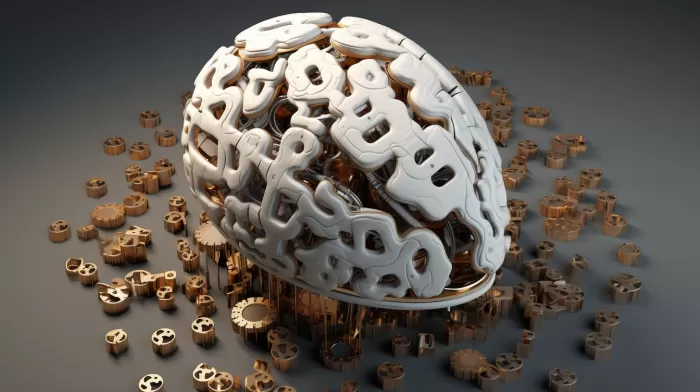Are you taking antidepressants to help cope with emotional pain? While these medications might provide relief, there’s a concerning long-term side effect you need to be aware of. Researcher Paul Andrews at McMaster University in Canada found that people who use antidepressants are more likely to experience relapses of major depression than those who use no medication at all.
Andrews’ meta-analysis of previous studies discovered that people who hadn’t been taking medication for their depression had a 25 percent risk of relapse, while those who had taken and gone off an antidepressant had a 42 percent or higher risk. Let’s take a closer look at why this could be happening.
Why antidepressants could be causing relapses
According to Andrews, antidepressants interfere with the brain’s natural methods for self-regulation of serotonin and other neurotransmitters. Serotonin is a chemical in the human body that plays a crucial role in balancing mood. When you stop taking the medication, your brain can overcorrect and enter a new period of depression.
This interference from antidepressants applies to various types, all of which disrupt the brain’s natural regulatory mechanics. To put this into perspective, Andrews likens it to putting a weight on a spring. Your brain, like a spring, pushes back against the weight. When you stop taking the antidepressant, it’s like removing the weight from the spring, leaving you at an increased risk of more depression since your brain, like a compressed spring, rapidly expands before retracting to its normal resting state.
What does this mean for the long term?
Andrews explains, “We found that the more these drugs affect serotonin and other neurotransmitters in your brain — and that’s what they’re supposed to do — the greater your risk of relapse once you stop taking them.” While the main purpose of antidepressants is to reduce symptoms to some degree in the short term, the real question lies in what happens in the long term.
His results indicate that when people try to go off the drugs, depression is likely to bounce back. This can leave individuals stuck in a cycle where they need to keep taking antidepressants to prevent a return of symptoms. Instead of breaking that cycle, antidepressants are possibly perpetuating the problem.
Is depression a natural response to stress?
Andrews takes a controversial stance on the subject of depression, raising the question of whether it’s a disorder, as most clinicians and the majority of the psychiatric establishment believe, or if it’s an evolved adaptation that serves a useful function, despite being painful.
His perspective suggests that depression could be a natural and helpful condition where the brain works to deal with stress. If this is true, it challenges the prevailing belief that depression is a disorder that requires medication. This notion could potentially change our understanding of and approach to treating depression.
The future of depression treatment
If Andrews’ theory holds up, it begs the question of whether or not treating depression with medication could do more harm than good. Should we continue to use antidepressants, knowing there’s an increased risk of relapse once the medication is stopped, further perpetuating a cycle of dependency? Or should we start exploring alternative treatment methods that don’t involve medication and allow the brain to self-regulate its serotonin levels?
As we dig deeper into our understanding of the brain and factors that influence mental health, we need to keep these questions in mind and recognize that a one-size-fits-all approach may not be the best solution for everyone dealing with depression. The key to effective treatment could lie in striking a balance between medication, therapy, and lifestyle changes, all of which are tailored to the unique needs of the individual.



